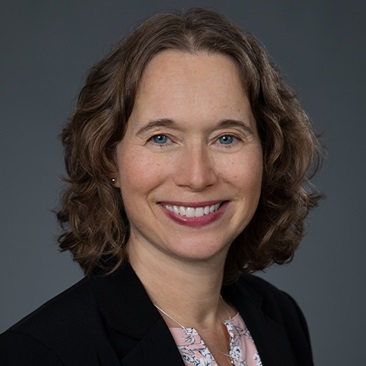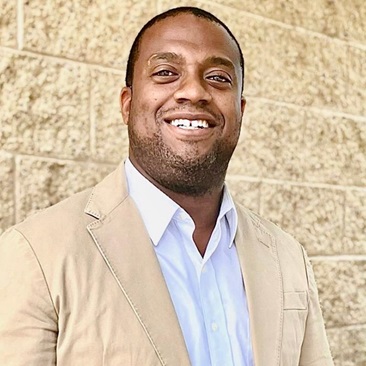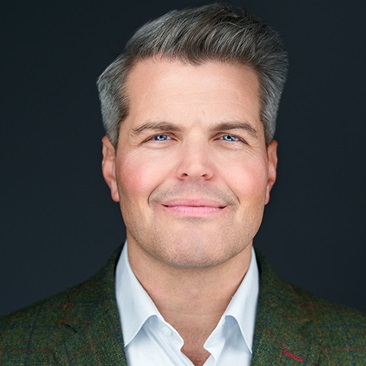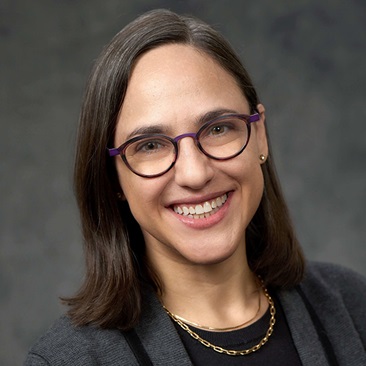Brian Taylor to Lead Moynihan Institute of Global Affairs
August 15, 2022
Brian Taylor joined the Maxwell School faculty in 2004, a few months before an event to celebrate the renaming of its Global Affairs Institute in honor of longtime New York senator, U.S. ambassador and teacher, Daniel Patrick Moynihan.
Taylor, professor of political science, remembers the celebration that drew senators Charles Schumer and Hillary Clinton, “Meet the Press” host Tim Russert, Syracuse University leadership and relatives of the late Moynihan.
In the 18 years since, Taylor has continued his scholarly work and interdisciplinary instruction while taking on leadership roles; he chaired the political science department from 2017-20 and led the institute’s Center for European Studies from 2011-15, among other roles.
On Sept. 1, he will take the helm as the institute’s director.
“In addition to being a top scholar and exemplary teacher, Professor Taylor has a deep familiarity with the Moynihan Institute,” says Maxwell Dean David M. Van Slyke. “He is exceedingly well qualified to serve as its next leader—we’re excited to see him bring it into its next chapter.”
Taylor succeeds Margaret “Peg” Hermann, professor of political science and Gerald B. and Daphna Cramer Professor of Global Affairs. She has led the center since it was the Global Affairs Institute and was among those on hand to celebrate its renaming in March 2005.
The dedication came with a $10 million congressional endowment that bolstered its already well-established reputation and fueled its mission to study emerging world problems in comprehensive and meaningful ways. In the years since, the institute has added four regional centers, served as a draw to top scholars and afforded faculty and students world-class research and experiential learning opportunities.
“I hope to build on Peg Hermann’s legacy and achievements as the founding director of the Moynihan Institute.”
Brian Taylor
professor of political science and director of the Moynihan Institute of Global Affairs
The torch passing brings an opportunity, Van Slyke says, to consider, “what do successful global affairs institutes do well in the 21st century?” Working with Taylor, he hopes to further leverage the endowment to increase its visibility, influence and research capacity. In addition, he hopes to strengthen relationships within Maxwell and across the University because, he says, “Global affairs should reach every school and college on campus.”
Van Slyke believes the institute can benefit from added synergy with Maxwell’s Washington, D.C., programs and their think-tank home, the Center for Strategic and International Studies (CSIS). Nearly 10 years of partnership with CSIS has brought expanded programming and opportunity, including an executive master’s in international relations degree and top practitioners as teachers. Taylor hopes to build on these relationships and seek new ways to bring the expertise of Maxwell faculty into policy debates about pressing global issues.
Taylor says he is honored and humbled by the Moynihan appointment. “I hope to build on Peg Hermann’s legacy and achievements as the founding director of the Moynihan Institute,” he says. “I look forward to working with students, staff and faculty in Maxwell and across the University to continue to fulfill the mission to support scholarship, training and practice in global affairs and to carry on the public and intellectual tradition of Senator Moynihan.”
Taylor is a faculty associate for the University’s Institute for Security Law and Policy. He is a leading expert on Russian politics with a focus on state coercive organizations, such as the military and police. His writing on Russian elite politicians, include the nature of “Putinism” as a mentality and political system, has drawn much media interest, especially in the wake of Russia’s invasion of Ukraine. He has been cited in major outlets including Forbes, Newsweek, FoxNews, The New York Times and The Washington Post.
Taylor has penned three books: “The Code of Putinism” (Oxford University Press, 2018), “State Building in Putin’s Russia: Policing and Coercion After Communism” (Cambridge University Press, 2011) and “Politics and the Russian Army: Civil-Military Relations, 1689-2000” (Cambridge University Press, 2003). A forthcoming book, expected to be published by Oxford University Press in 2023, offers a concise overview of Russian politics.
Additionally, Taylor serves on the editorial board of Problems of Post-Communism and on the scientific board of The Journal of Power Institutions in Post-Soviet Societies. He earned a Ph.D. from Massachusetts Institute of Technology in 1998.
The Moynihan Institute is home to seven regional centers that provide scholarly, linguistic and internship experiences focused on areas such as the Middle East, East Asia and Latin America.
Its namesake, Moynihan, was a New York senator from 1977 to 2001 and served as a U.S. ambassador to India and the United Nations, among other roles. He had a long relationship with the Maxwell School, beginning as an assistant professor in 1959 until he entered public service at the U.S. Department of Labor in 1961. Upon retiring from the Senate in 2001 after 24 years of service, Moynihan re-joined the Maxwell School as University Professor, a position he held until his death in 2003.
By Jessica Youngman
Published in the Fall 2022 issue of the Maxwell Perspective
Related News
School News

Nov 8, 2024
School News

Oct 28, 2024
School News

Sep 23, 2024
School News

Sep 12, 2024
